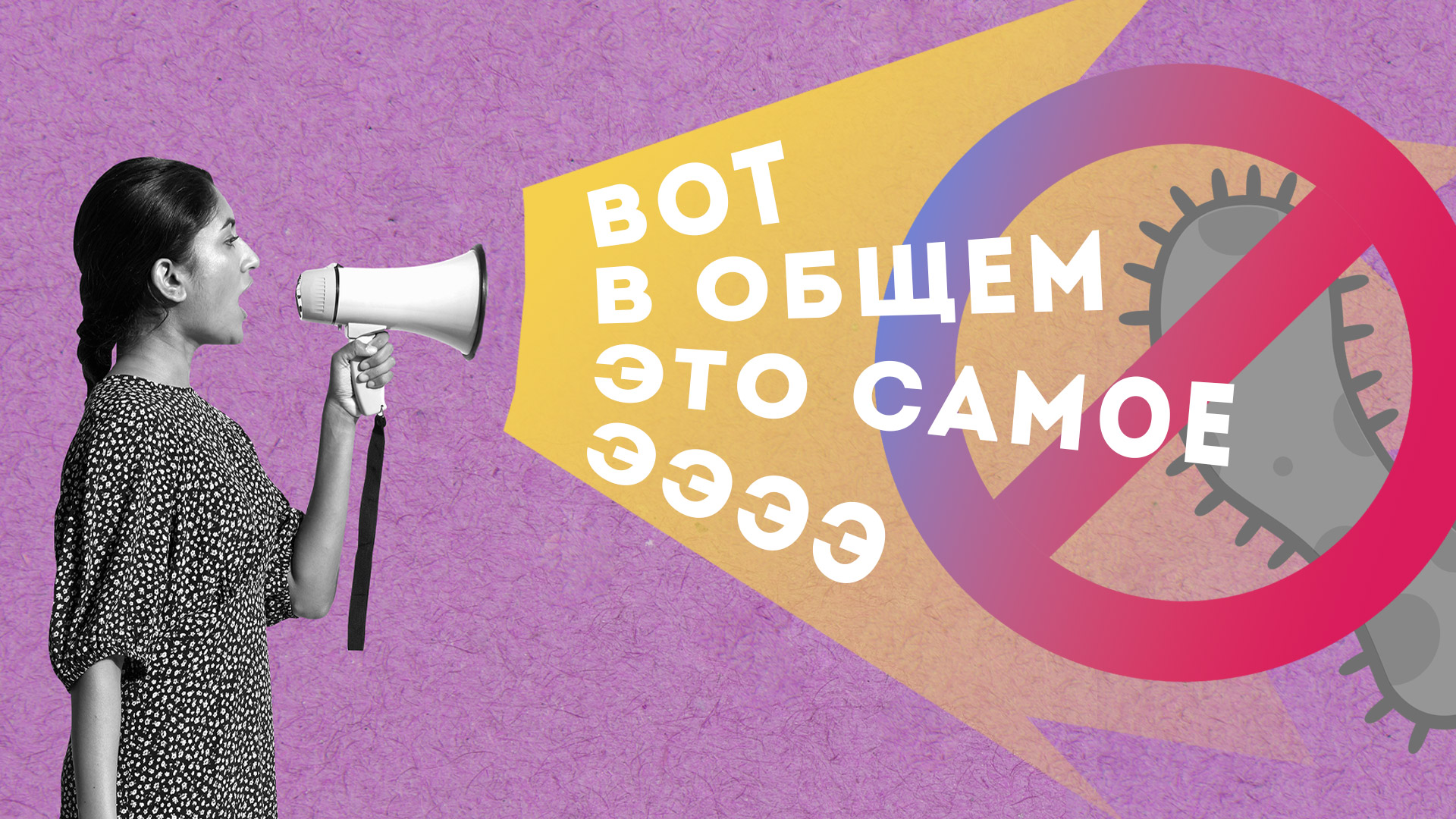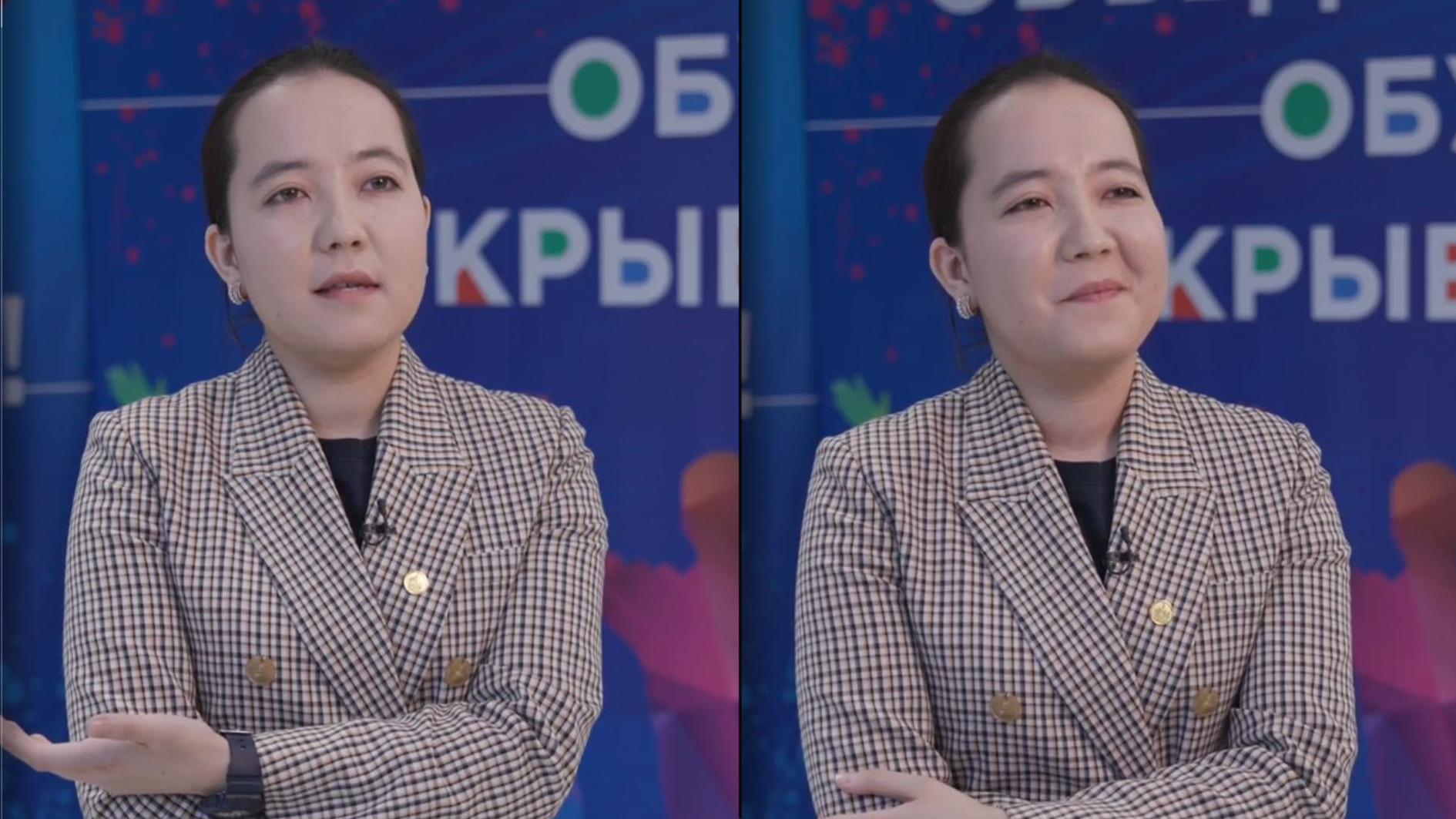
Russian words & phrases considered to be ‘parasitic’

Such ‘parasitic’ words, phrases and interjections exist in all languages. In English, they are also referred to as ‘filler words’ or ‘crutch words’. For instance: ‘Like’, ‘well’, ‘actually’… They’re needed to fill the voids in the speech and thoughts.
In Russian, such words are exclusively called ‘parasite words’. Firstly, because they are inserted into speech without any grammatical connotation. And, secondly, they are sometimes literally infested with oral speech… like parasites!
“Parasitic words, like a language tick, can appear in any part of a phrase and be repeated several times (often within a single sentence). The main feature of these words is that they add nothing to the content of the statement, so they can easily be omitted: The meaning will not only not change, but it will, most often, also become clearer,” says Andrey Gorshkov, an editor at Gramota.ru (Грамота.ру).
In Russia, it’s believed that lots of parasitic words show a low speech culture, poor vocabulary and stress (for example, during public speaking).
Sometimes, native speakers use obscenities or euphemisms, the most common of which is the word ‘blin’ (read about it here).
Most often, the parasites are particles, introductory words, interjections and, sometimes, whole expressions. Below are the most common ones that almost all Russians use.
‘Ну’ (‘Nu’)
‘Nu’ is similar to the English word ‘well’. It is one of the most common parasitic words, around which a certain folklore has already developed. People came up with the rhyme ‘Ну – баранки гну’ (‘Nu – baranki gnu’, which literally means ‘abracadabra’: “Well – I’m bending wheels”). At the same time, there is the verb ‘нукать’ (‘nukat’) and it is parents or a teacher who usually tell a child: “Не нукай!” (“Ne nukai” or “Don’t say ‘nu’ all the time!”). Most often, ‘nu’ is used to stall for time.
‘Вот’ (‘Vot’)
This is another equivalent for the word ‘well’. It’s a very comprehensive parasitic word, which can appear literally anywhere in the phrase. It also sounds like a logical conclusion: “Here you are.” Sometimes, ‘vot’ performs in a pair with ‘nu’. “Nu vot!”

‘Ээээ’ (‘heeeey’)
Even those who can control themselves and not use parasitic words sometimes utter this sound completely unintentionally to fill in the pauses in their speech. Therefore, this parasitic sound can often be found in written messages. If you see ‘ээээ?’, this means a high degree of misunderstanding and confusion.
Типа того (‘tipa togo’), как бы (‘kak by’), вроде того (‘vrode togo’)
All of these words and phrases are similar in meaning to the English ‘like’. And all of them are particles and conjunctions used for comparison in their first meaning. However, they often also work as parasitic words, when a person isn’t sure of the things they are talking about. Instead of ‘yes’ or ‘no’, you can also hear them in response to your question.
В общем (‘v obshem’)
Literally, this phrase means ‘in general’. In writing, this introductory expression is not so common and it most often summarizes what has been said. But, you can hear it very often verbally. By the way, Russians sometimes are confused about how to spell it correctly. Because there is another similar parasitic phrase ‘вообще-то’ (‘voobshe-to’), which is ‘in fact’, ‘actually’.
‘Это’ (‘eto’), ‘это самое’ (‘eto samoye’),’ там’ (‘tam’)
‘This’, ‘this very’ and ‘there’… It’s hard to believe, but these words can often be heard from people who have forgotten something. When facts are still on the tips of tongues.
‘На самом деле’ (‘na samom dele’)
‘Actually’, in reality… Some linguists consider this phrase is used as an opposite to ‘как бы’ (‘as if’, ‘like’) to show the person is sure, to show the realistic nature of what they are saying.
‘Слушай’ (‘slushai’)
It’s easy. Literally, this word just means ‘listen’. “Слушай” (“Slushai” or “Listen to me”) is a frequent beginning of the phrase. People are trying to get the attention of those who they are speaking to. You can also meet this in writing and text messages. Short ‘слышь’ or long ‘слууушай’ are the options.
‘Короче’ (‘koroche’), ‘короче говоря’ (‘koroche govorya’), ‘если коротко’ (‘yesli korotko’)
‘Shortly’, ‘in brief’, ‘shortly speaking’. Interestingly, by adding these words to their speech, the speaker wants to shorten it at the same time. However, the word ‘короче’ is also something like an interjection or exclamation, encouraging you to speak faster and get to the point.














